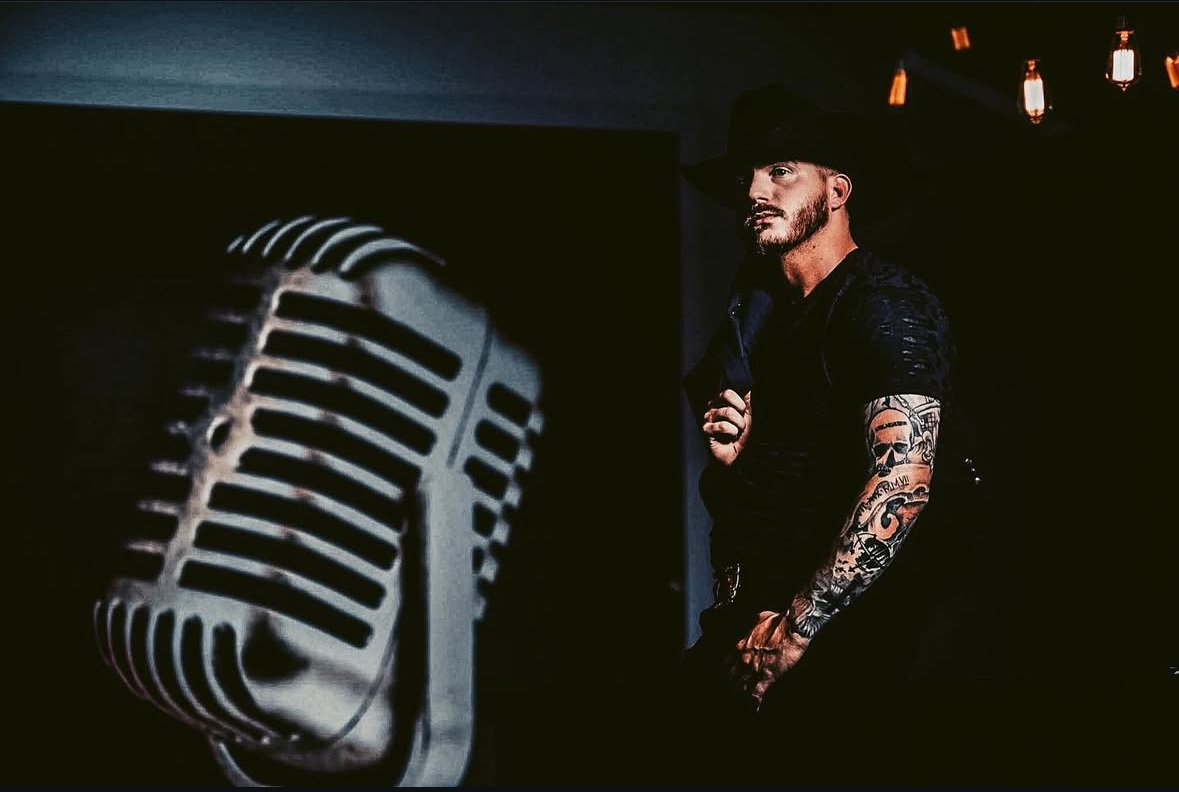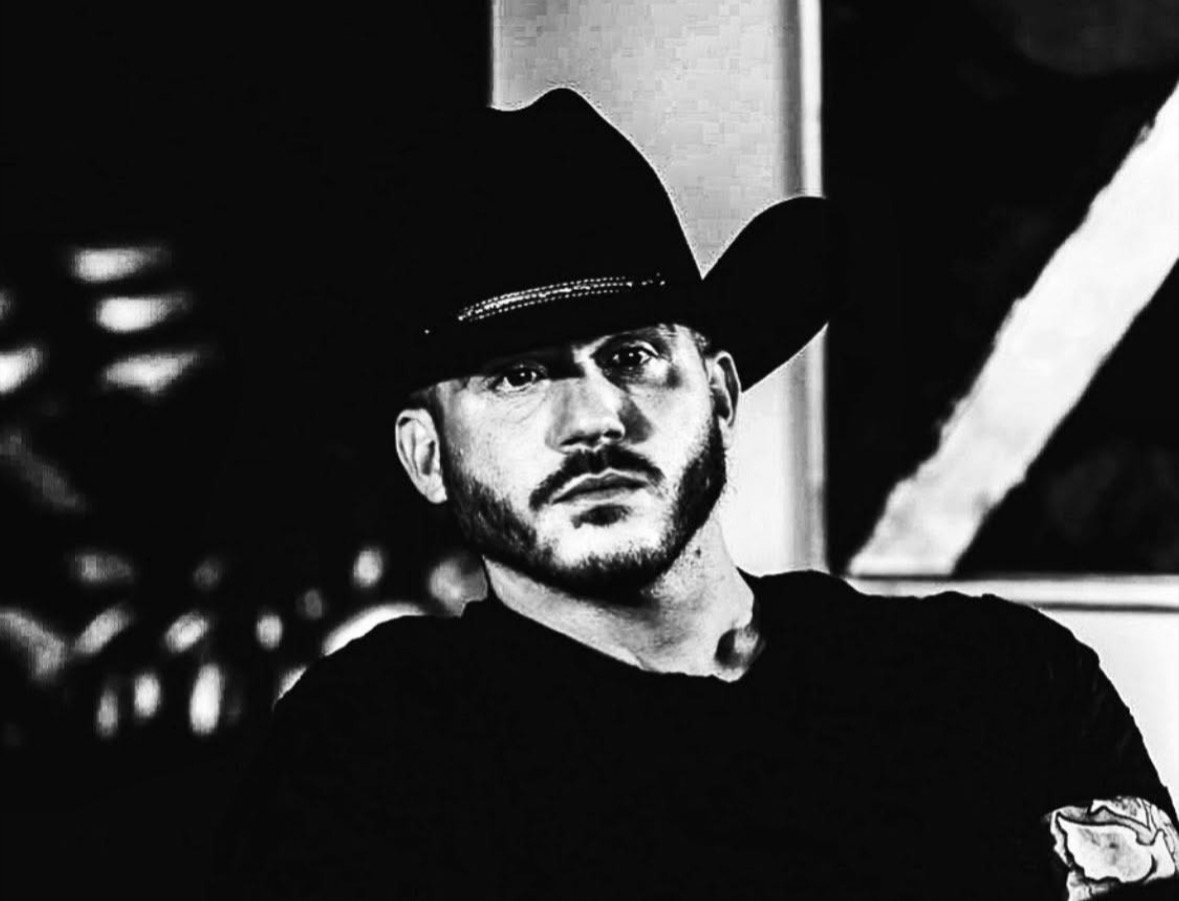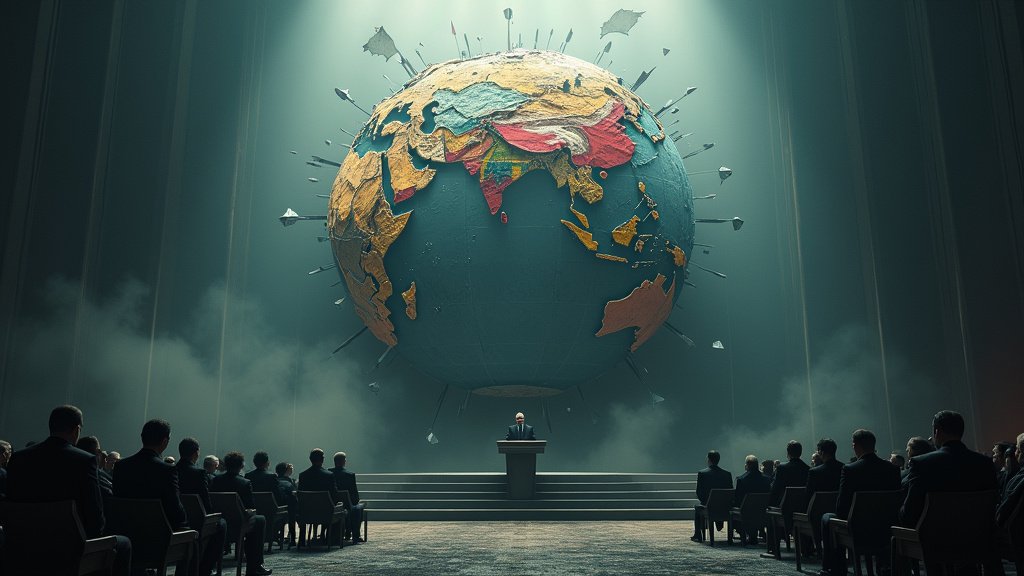When Ellen DeGeneres launched her first podcast in 2023, few predicted that within two years, celebrity-led audio series would dominate download charts, ad revenue streams, and social media conversations. Fast-forward to 2025, and having a podcast is as ubiquitous for stars as red-carpet appearances. From Dax Shepard’s sharply honest interviews on Armchair Expert to Michelle Obama’s narrative deep dive in The Light We Carry, celebrities have discovered that podcasting offers unparalleled creative control, direct fan engagement, and lucrative revenue opportunities. Here’s a deep dive into the mechanics, economics, and cultural impact of the celebrity podcast boom—and why everyone from A-listers to indie voices is racing to drop a mic.
Beyond Endorsements: Building Personal Media Empires
Podcasting isn’t just an extension of endorsement deals; it’s a full-fledged media arm. Celebrities leverage their existing fan bases to drive millions of downloads per episode, then monetize via multiple channels:
- Advertising and Sponsorships: Top-tier shows command CPMs (cost per mille) exceeding $50 across pre-roll, mid-roll, and post-roll ad spots. A-list hosts can secure six-figure sponsorship deals with brands like Casper, Squarespace, and HelloFresh.
- Branded Segments & Integrations: Rather than standard reads, hosts integrate products organically—cooking with meal-kit sponsors on-air, or weaving health-supplement shout-outs into candid wellness conversations.
- Subscription Models: Platforms like Luminary and Patreon power paywalled bonus content: behind-the-scenes chats, extended interviews, or monthly “ask-me-anything” livestreams for superfans. Top hosts earn upwards of $200K per month in subscription revenue alone.
This hybrid model transforms podcasts from passion projects into profit centers, giving celebrities both creative autonomy and sustainable income streams outside traditional film, TV, or music cycles.
Formats That Hook Listeners
Not all celebrity podcasts follow the same blueprint. The most successful shows innovate with format, pacing, and audience interactivity:
- Conversational Interviews: Dax Shepard’s trademark long-form chats—often two hours or more—delve into guests’ personal struggles, creating a sense of authenticity. Shepard’s average episode hits 1.5 million downloads within a week of release.
- Narrative Documentaries: Michelle Obama’s The Light We Carry blends memoir, biography, and cultural history into serialized storytelling, featuring actors reading dramatic excerpts and ambient sound design for an immersive experience.
- Live Call-In Shows: John Leguizamo’s weekly live podcast invites listeners to call in with real-time questions about career, culture, or personal branding. These episodes trend on social media thanks to unscripted spontaneity.
- Interactive Quizzes & Games: Emma Chamberlain’s Anything Goes incorporates listener polls mid-episode—fans vote on story directions or topics, making episodes feel like participatory events.
- Hybrid Audio-Visual Drops: Some personalities release video versions on YouTube, syncing performance-capture footage of the host in a stylized studio to extend audience reach across platforms.
By experimenting with format, celebrity podcasters keep audiences guessing—and coming back for fresh twists on the medium.
Platform Wars and Exclusive Deals
The podcast landscape mirrors the video streaming wars: platforms compete fiercely for star power.
- Spotify: After paying over $100 million for Joe Rogan’s exclusive in 2020, Spotify has courted celebrities with guaranteed minimums. In 2024, the platform inked exclusive deals with Kevin Hart and Reese Witherspoon, offering advanced recording studios and global promotion packages.
- Apple Podcasts: With curated charts and direct integration into iOS, Apple offers lucrative ad-revenue splits and curated placements, drawing in creators who prize discoverability. New “Apple Originals” series include Simon Pegg’s comedy chat show and Jennifer Lopez’s career retrospective.
- Amazon Music/Audible: Leveraging audiobook infrastructure, Audible hosts high-production-value narrative series like The Crown Jewels with Jay-Z, blending scripted drama with celebrity commentary.
- YouTube Music & YouTube Originals: Video-first personalities like Joe Budden publish extended cut episodes on YouTube, monetizing via ad revenue and Super Chat donations during livestreamed recordings.
The result: exclusive windows for premium content and brand-new shows that live only on a single platform, forcing fans to subscribe or juggle multiple apps.
The Creative Economy: Costs, Teams, and Production
High-profile podcasts require more than a mic and a laptop. Behind every polished episode is:
- Production Crews: Sound engineers, editors, and showrunners who craft narrative arcs, select music beds, and ensure audio consistency. Top shows spend $5K–$10K per episode on production.
- Research Teams: Staffers gather background on guests, source archival audio, and write host scripts or bullet points—especially critical for narrative series that weave facts with personal anecdotes.
- Marketing & Social Media: Specialists design audiograms, highlight clips, and coordinate cross-platform campaigns. Some networks employ in-house video teams to adapt audio highlights into vertical-video teasers for TikTok and Instagram Reels.
- Talent Managers & Agents: Celebrities often work alongside entertainment attorneys and agents to negotiate ad deals, platform exclusives, and international distribution rights.
While DIY setups still produce breakout indie hits, A-list podcasts increasingly resemble small TV studios in scale and expense—demonstrating that in podcasting, professionalism sells.
Fan Engagement and Community Building
Podcasts thrive on loyalty and word-of-mouth. Celebrity hosts deepen engagement through:
- Exclusive Listener Events: Live shows, virtual meet-and-greets, and listener retreats tied to premium subscription tiers. Taylor Swift’s SwiftCast annual live recording in Nashville sells out 1,200 tickets in under an hour.
- Merch Drops & Collectibles: Limited-edition vinyl pressings of “best of” episodes, branded enamel pins, and host-designed apparel. These collectibles become social badges, fostering community identity.
- Interactive Feedback Loops: Hosts solicit listener questions, story ideas, or “hot takes” via email, social polls, or voice-message apps—then credit contributors on-air, boosting a sense of co-creation.
- Philanthropic Tie-Ins: Celebrities leverage their platforms for social impact: donations per download, charity auctions, or spotlighting nonprofit causes, aligning personal brand with purposeful action.
This ecosystem transforms passive download counts into active, participatory fandoms that extend far beyond audio consumption.
Industry Impact and Future Trends
The celebrity podcast surge reverberates across media:
- Talent Diversification: Agents pitch clients not only for film, TV, and endorsements but also for audio deals, expanding revenue opportunities and creative outlets.
- Cross-Media Synergies: Podcasts spawn books, TV adaptations, and live tours—Michelle Obama’s series now under development as a Netflix docuseries, and Armchair Expert hosting touring live-show residencies.
- AI-Enhanced Production: Early experiments employ AI to auto-transcribe episodes, generate show notes, or even suggest guest questions based on natural-language analysis—streamlining workflows without replacing human empathy.
- Global Localization: Platforms invest in multilingual dubbing and subtitling. Taika Waititi’s Dead Ringers interviews are simultaneously released in English, Spanish, and Portuguese, tapping emerging markets in Latin America.
As consumption fragments across short-form socials and long-form audio, celebrity podcasts stand out by offering depth, intimacy, and a sense of insider access that no 60-second TikTok can replicate.
Challenges: Saturation and Authenticity
But a booming market faces growing pains:
- Oversaturation: With over two million active shows in 2025, discoverability is a challenge. Celebrity noise can drown out niche voices, and listener fatigue may set in without ongoing innovation.
- Authenticity Concerns: Listeners prize candor—but highly scripted or over-produced podcasts risk feeling corporate, eroding the trust that fuels loyalty. Balancing polish with spontaneity remains a delicate art.
- Monetization Pressure: Fans balk at endless sponsorships or ever-higher subscription fees, prompting backlash when hosts seem to “sell out.” The key: aligning ad partners with show ethos and offering genuine value in premium tiers.
Successful shows will continue to refine formats, experiment with immersive audio technology (binaural sound, spatial audio), and lean into formats that foster genuine human connection.
Conclusion
The celebrity podcast boom has reshaped the audio landscape, offering stars a potent tool for storytelling, brand-building, and revenue generation. By blending high production values, interactive formats, and data-driven marketing, celebrity hosts have elevated podcasting from grassroots hobby to mainstream media powerhouse. As audiences crave authenticity, depth, and community, podcasts stand out in an attention economy dominated by bite-sized distractions. For artists, actors, and creators pondering their next move, the message is clear: if you haven’t already, it’s time to press record.





